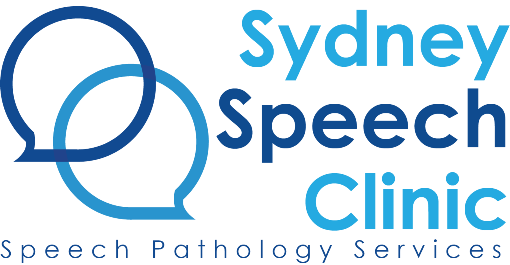The SSC Social Squad Group Programs are all about promoting social communication skills and confidence. These skills often get overlooked or missed by vulnerable populations and therefore need to be explicitly taught. The SSC Social Squad offers a fun and natural way to approach social communication and life skill development which can improve generalisation of important skills into everyday life. We want our clients to feel that they are valuable members of their community and for them to feel independent and empowered.
As well as teaching important social skills, we also target important higher-level language skills, executive functioning skills and life skills.
Within the group programs we reinforce and build on concepts that many of the children may have encountered before in their individual sessions but the benefit of a group is that the theory learned can be applied in a functional, motivating and naturalistic group setting.
We currently do not have any Social Squad Group Programs scheduled. Please look at our term time social group programs.
Social Squad therapy goals
- Introducing yourself
- Maintaining an appropriate short conversation
- Understanding and repairing conversation breakdowns
- Reading and appropriately responding to body language and facial expressions
- Requesting clarification or help when needed
- Maintaining and using appropriate eye contact / body language / volume in the group
- Appropriately using and interacting on social media platforms
- Organising own time and belongings
- Effectively managing and handling small amounts of money
- Noticing own energy levels and adjusting energy/alertness levels to suit the situation
- Writing with adequate legibility e.g. filling in a form
- Solving problems appropriately

What is Social Communication?


Who is Social Squad useful for?

Pre-teens Social Squad Group Program (9-12 year olds)

